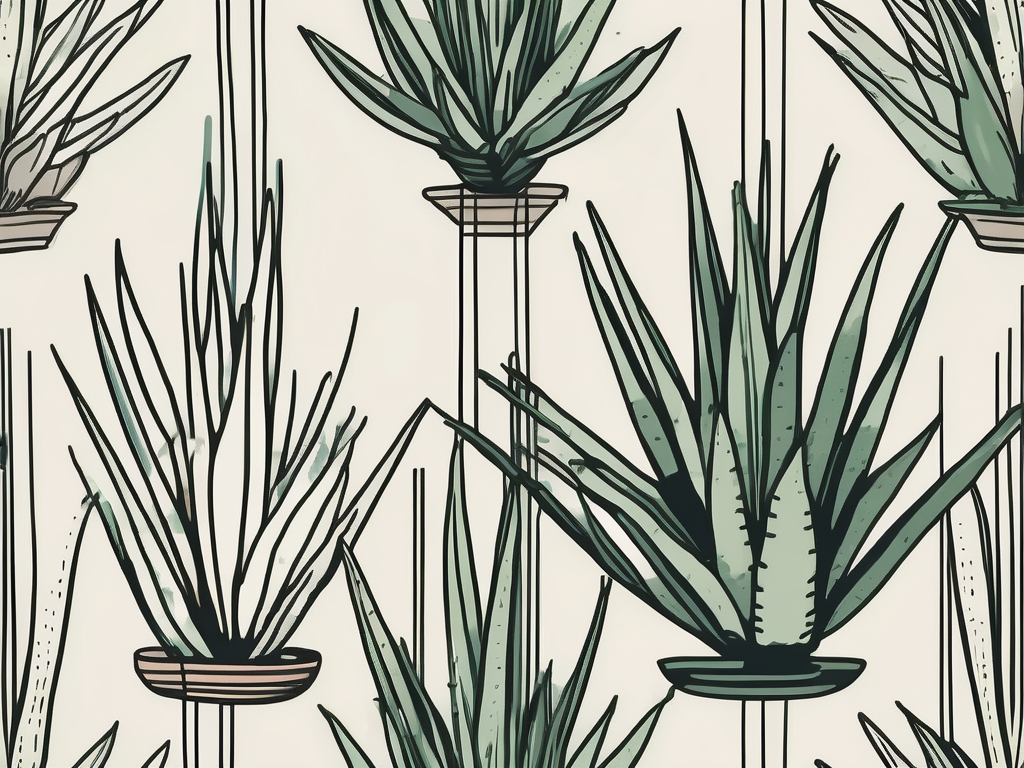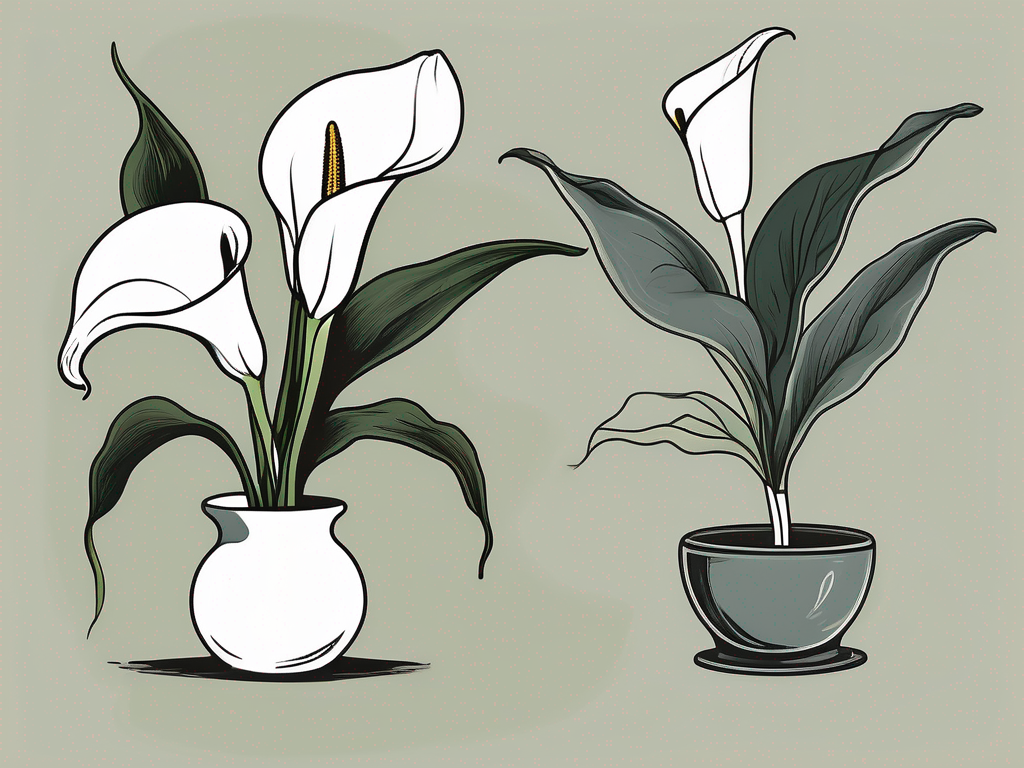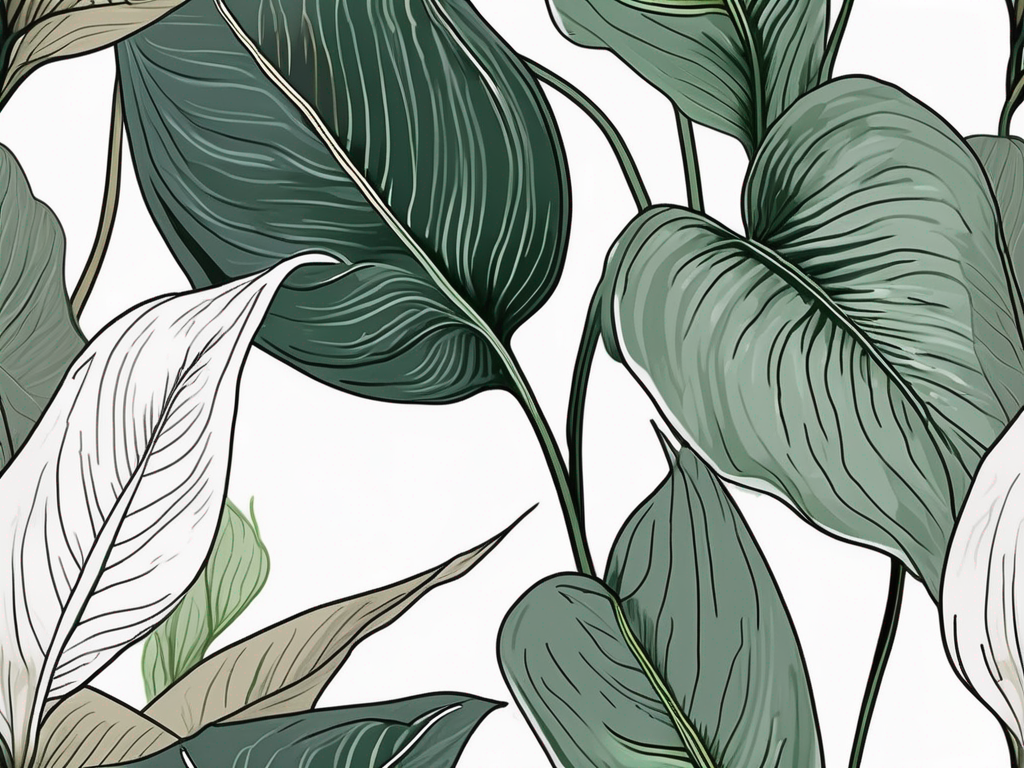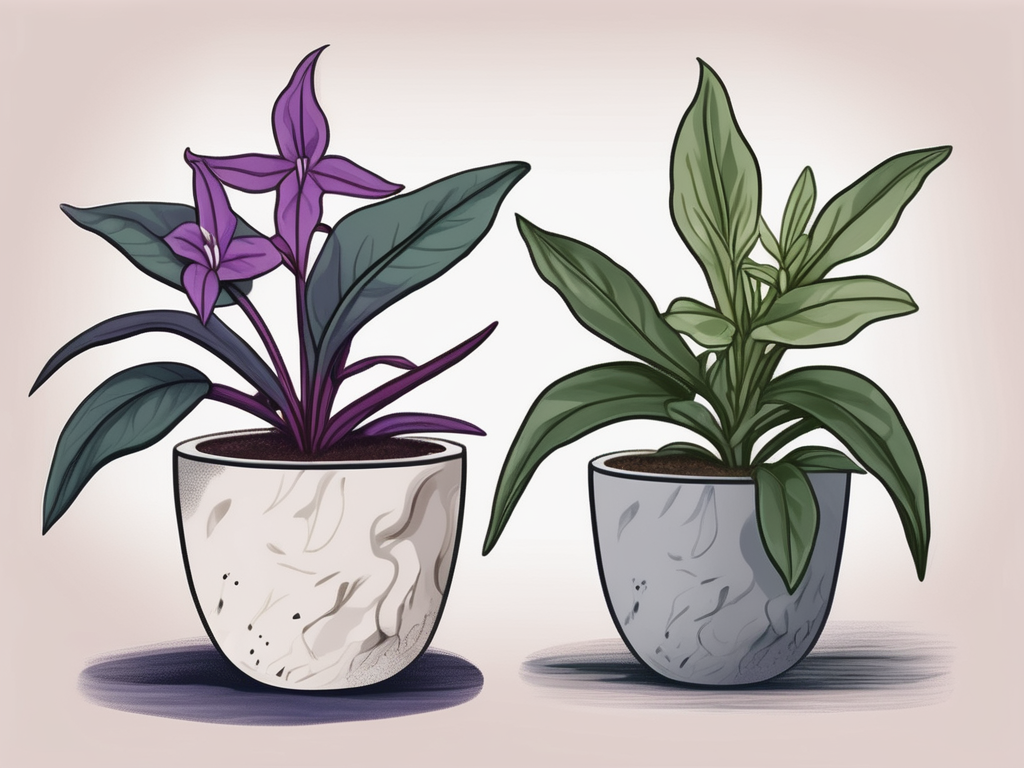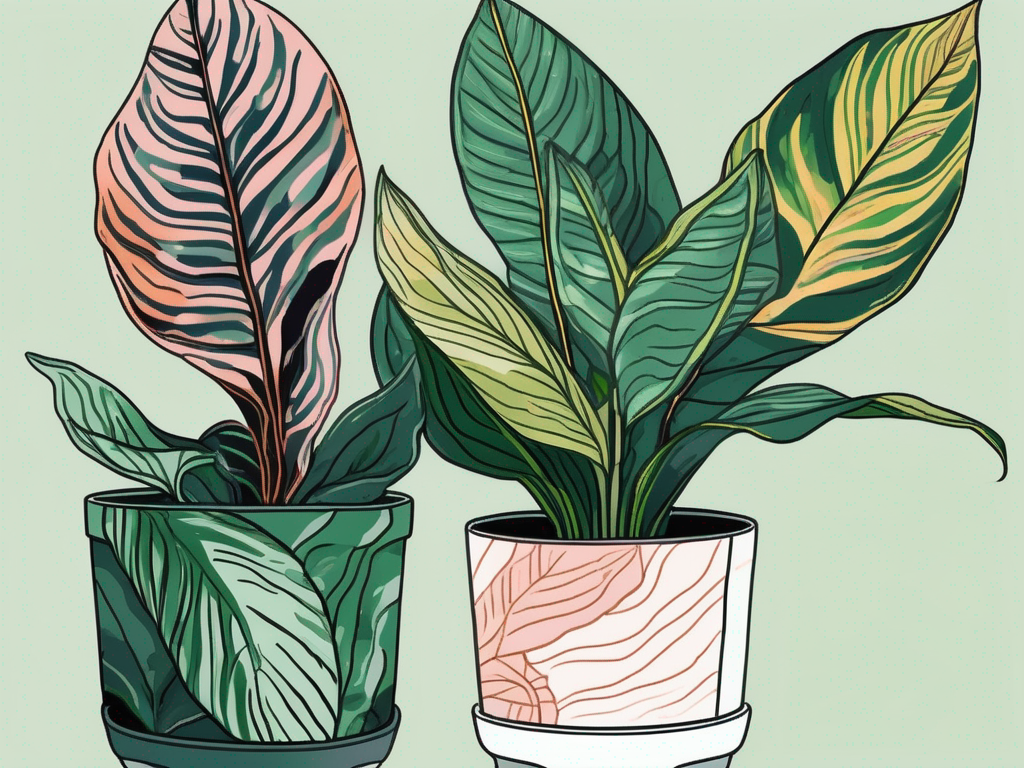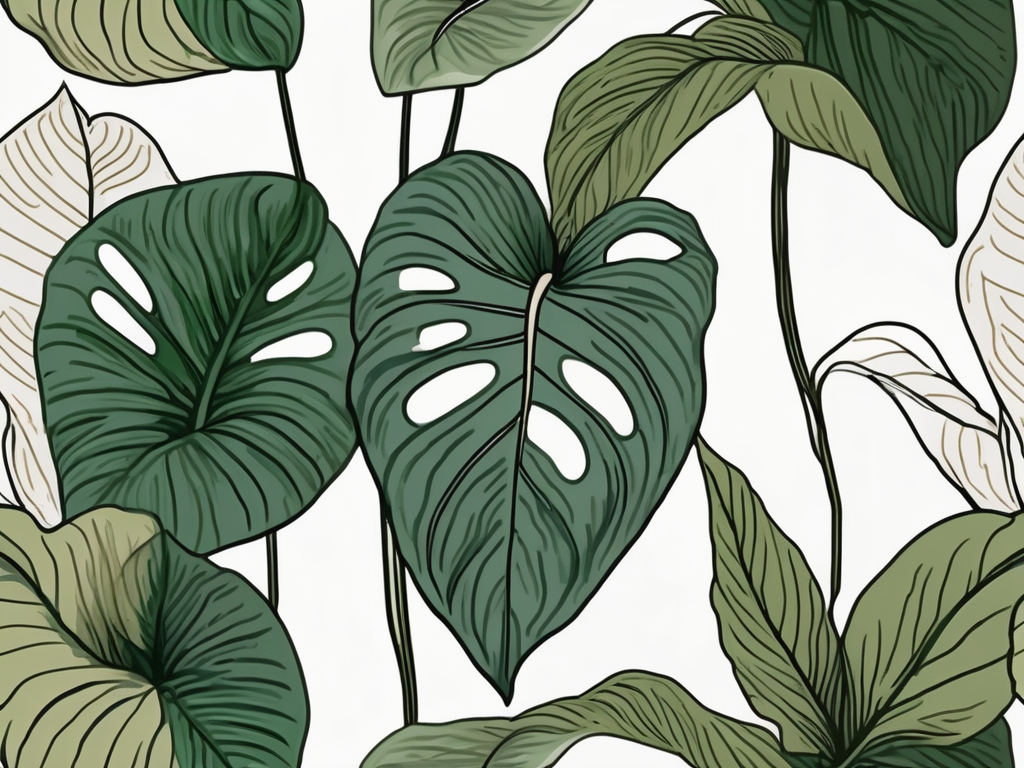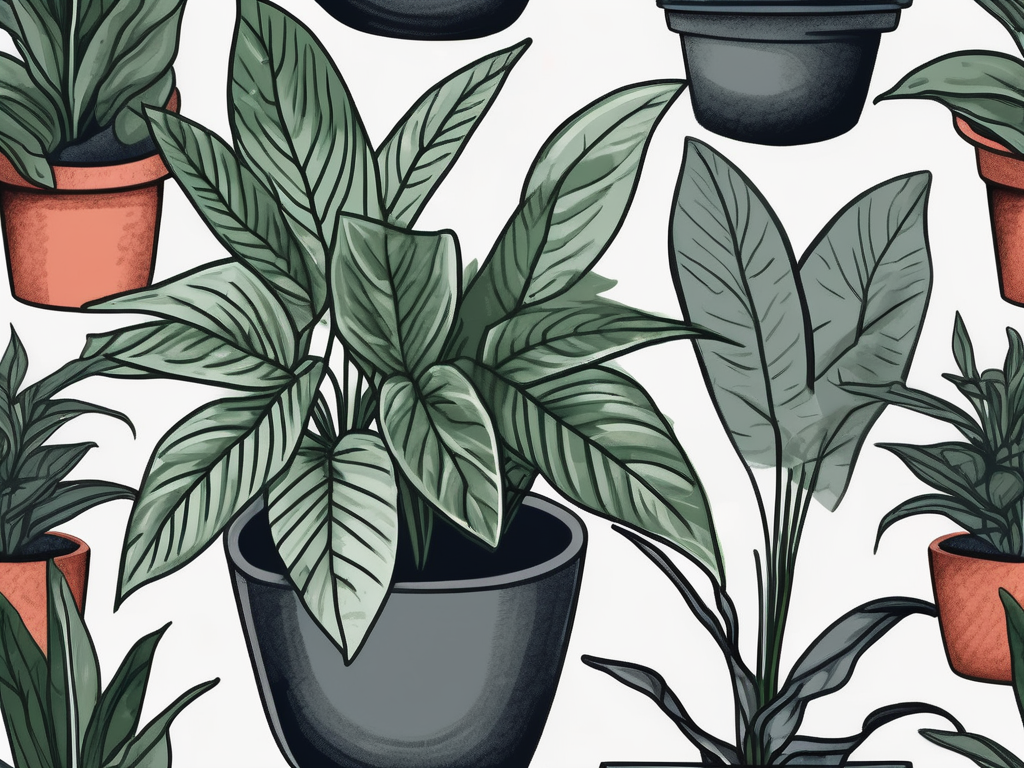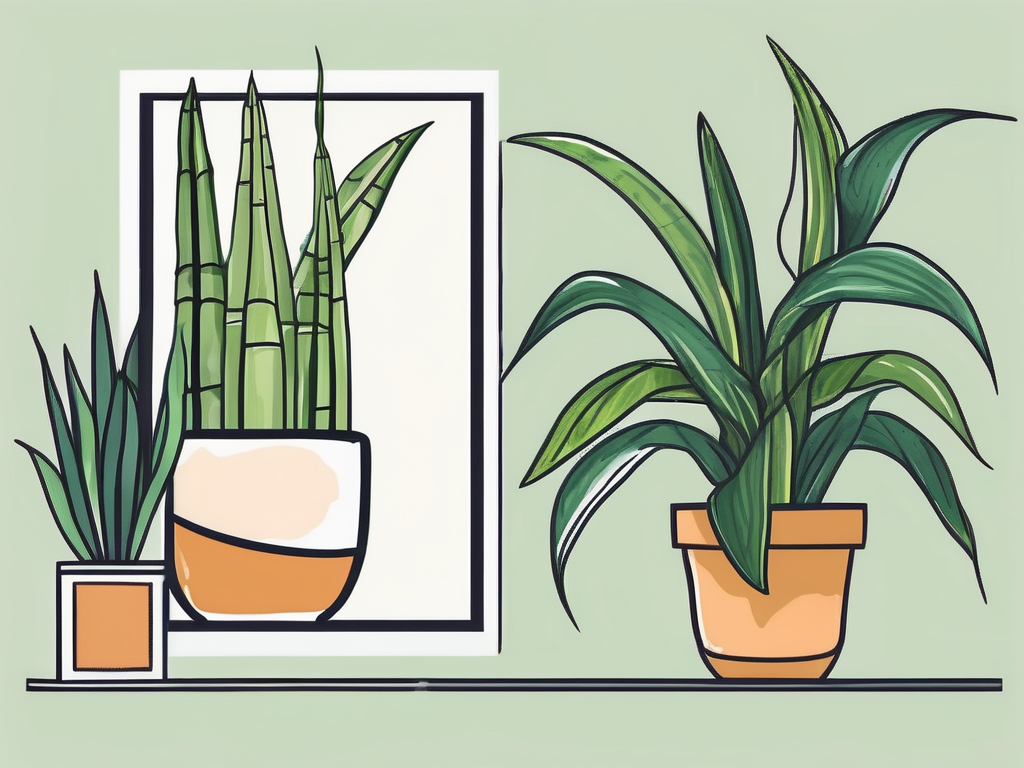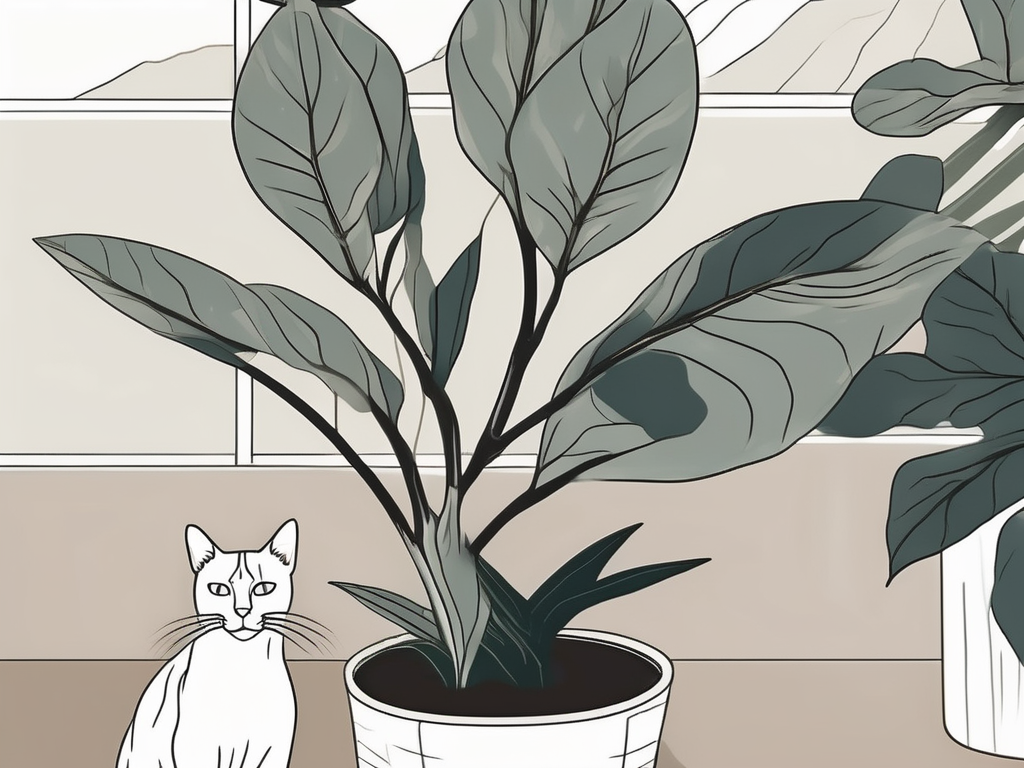
When it comes to houseplants and pets, the relationship can be a bit tricky. Many plant lovers often find themselves pondering whether their beloved greenery is safe for their furry friends. One such plant that raises eyebrows is the Ficus Alii. Is it toxic to cats? Let’s explore this topic and help you make an informed decision for your feline companion.
This post will guide you through the potential risks of Ficus Alii to cats and provide tips on what to do if your cat gets too curious. We’ll also discuss alternatives for pet-friendly plants, care tips for your Ficus Alii, and how to create a harmonious environment for both plants and pets.
Understanding Ficus Alii
Ficus Alii, also known as Ficus maclellandii, is a popular houseplant due to its elegant, slender leaves and ease of care. Originating from Southeast Asia, this plant is a favorite for those looking to add a touch of greenery without too much fuss. Its long, narrow leaves bring a tropical vibe to any space, making it a common choice for both homes and offices.
Ficus Alii is relatively hardy and can adapt to various light conditions, although it prefers bright, indirect light. It can tolerate lower light levels but may not thrive as well. Its manageable size and moderate growth rate make it an ideal choice for indoor spaces, where it can be placed in corners or near windows to enhance the room's aesthetic.
Despite its many attractive qualities, Ficus Alii has a downside: it can be toxic to pets, including cats. The plant contains compounds that may cause adverse reactions if ingested. This is where the concern arises for pet owners who also have a love for houseplants.
Is Ficus Alii Toxic to Cats?
The big question is whether Ficus Alii is harmful to cats, and the answer is yes, it can be. Ficus plants, in general, contain a substance called ficin, which can irritate the skin and digestive system of cats. If a cat chews on the leaves or stems of a Ficus Alii, it might experience symptoms like drooling, vomiting, or diarrhea. In some cases, skin irritation might occur if the plant's sap comes into contact with the cat's skin.
While the toxicity of Ficus Alii is usually not life-threatening, it can certainly cause discomfort for your feline friend. It's always best to err on the side of caution and keep this plant out of reach of curious cats. After all, our pets rely on us to make safe choices for them, and it’s better to prevent any potential issues from the start.
If you suspect your cat has ingested parts of a Ficus Alii, it’s important to monitor them closely. Look out for signs of distress, and if symptoms persist or worsen, contact your veterinarian for advice. They may suggest bringing your cat in for an examination or provide instructions on how to care for them at home.
Preventing Ficus Alii Poisoning in Cats
To keep your cats safe, consider these strategies to prevent them from coming into contact with Ficus Alii:
- Placement: Position the plant in an area that’s difficult for your cat to access. High shelves or hanging planters can work if your cats aren’t nimble jumpers.
- Training: Train your cat to avoid certain areas. Use deterrents like double-sided tape or aluminum foil, which cats typically dislike walking on.
- Distractions: Provide plenty of cat-friendly plants, toys, and scratching posts to divert their attention away from the Ficus Alii.
These preventive measures can help you enjoy the beauty of your Ficus Alii without compromising your cat’s safety. Training and strategic placement are often enough to keep your cat uninterested in your plants.
Pet-Friendly Plant Alternatives
If you're concerned about the safety of Ficus Alii, consider opting for pet-friendly plants instead. Many beautiful plants pose no threat to cats and can still offer that lush greenery you desire. Here are a few options:
- Spider Plant: Known for its arching leaves and tiny plantlets, the Spider Plant is non-toxic and easy to care for.
- Bamboo Palm: This plant provides a tropical feel and is safe for cats, making it a great alternative to Ficus Alii.
- Areca Palm: With its feathery, arching fronds, the Areca Palm is both beautiful and non-toxic.
- Boston Fern: This lush, green fern is safe for cats and can add a touch of elegance to any room.
These plants not only look great but also give you peace of mind, knowing they won’t harm your furry friends. Plus, having a mix of different plants can create a more dynamic and interesting space.
Caring for Your Ficus Alii
If you decide to keep your Ficus Alii, understanding its care requirements is important for its health and your peace of mind. Here are some care tips:
- Light: Place your Ficus Alii in bright, indirect light to ensure healthy growth. Avoid direct sunlight, which can scorch the leaves.
- Watering: Allow the top inch of soil to dry out between waterings. Overwatering can lead to root rot, so ensure the pot has proper drainage.
- Humidity: Ficus Alii appreciates a humid environment. Consider misting the leaves or placing a humidity tray nearby to maintain moisture levels.
- Fertilization: Feed your plant with a balanced liquid fertilizer every month during the growing season (spring and summer).
- Pruning: Trim any dead or yellowing leaves to encourage healthy growth and maintain the plant’s shape.
By following these care tips, your Ficus Alii can thrive indoors, adding beauty to your space. Remember to keep it away from your cats to avoid any mishaps.
Creating a Cat-Friendly Plant Environment
Balancing a love for plants with a household of pets can be challenging, but it's certainly achievable. Here are a few ideas on how to create a harmonious home for both plants and cats:
- Designate Plant Zones: Dedicate specific areas of your home for plants, ensuring they're out of your cat’s reach.
- Use Creative Displays: Wall-mounted planters or shelves can keep your plants safe while adding an aesthetic touch.
- Incorporate Cat Grass: Offering cat grass as a safe alternative for chewing can deter cats from nibbling on other plants.
These strategies can help you maintain a beautiful plant collection while ensuring the safety of your pets. It’s all about finding the right balance and being creative with your plant displays.
What to Do if Your Cat Ingests Ficus Alii
If you suspect your cat has ingested part of a Ficus Alii, stay calm and follow these steps:
- Remove Access: Immediately move the plant out of your cat’s reach.
- Rinse the Mouth: Gently rinse your cat’s mouth with water to remove any remaining plant material.
- Monitor Symptoms: Keep an eye on your cat for signs of distress, such as vomiting, drooling, or lack of appetite.
- Contact Your Vet: If symptoms are severe or persist, contact your veterinarian for guidance.
Prompt action can help alleviate any discomfort your cat may experience and prevent further complications. Your vet can provide the best course of action based on your cat's symptoms.
Ficus Alii in Interior Design
Ficus Alii can be a stunning addition to your interior design, adding elegance and greenery without overwhelming a space. Here are some ideas on incorporating this plant into your home decor:
- Corner Focal Points: Use Ficus Alii to fill empty corners, bringing life to otherwise unused spaces.
- Pair with Decorative Pots: Choose stylish pots that complement your decor and enhance the plant's natural beauty.
- Create Plant Clusters: Group your Ficus Alii with other plants of varying heights to create a lush, garden-like atmosphere.
By thoughtfully placing your Ficus Alii, you can create a visually appealing environment that complements your home's style. Remember to keep the plant's safety considerations in mind, especially if you have pets.
Balancing Plant Care with Pet Safety
As a plant lover and pet owner, finding the right balance between your botanical interests and your pet’s safety is important. Here’s how you can strike that balance:
- Research: Before bringing a new plant home, research its toxicity to pets.
- Communication: Share your plant concerns with household members to ensure everyone is on the same page.
- Regular Monitoring: Keep an eye on your pets and plants to ensure they coexist peacefully.
While it might take some extra effort to manage plants and pets, it’s definitely worth it when you see your home flourishing with life. Enjoy the process, and remember that both plants and pets contribute to a vibrant, joyful living space.
Final Thoughts
In summary, while Ficus Alii can be a lovely addition to any home, it's important to be aware of its potential toxicity to cats. By taking preventive measures and considering pet-friendly alternatives, you can create a safe and beautiful environment for everyone to enjoy.
At Cafe Planta, we understand the love for both plants and pets and offer a variety of houseplants that cater to different needs. If you have any questions or need more guidance, feel free to email us or send us a message on Instagram. We’re here to help you create a thriving plant collection that complements your home and lifestyle.

